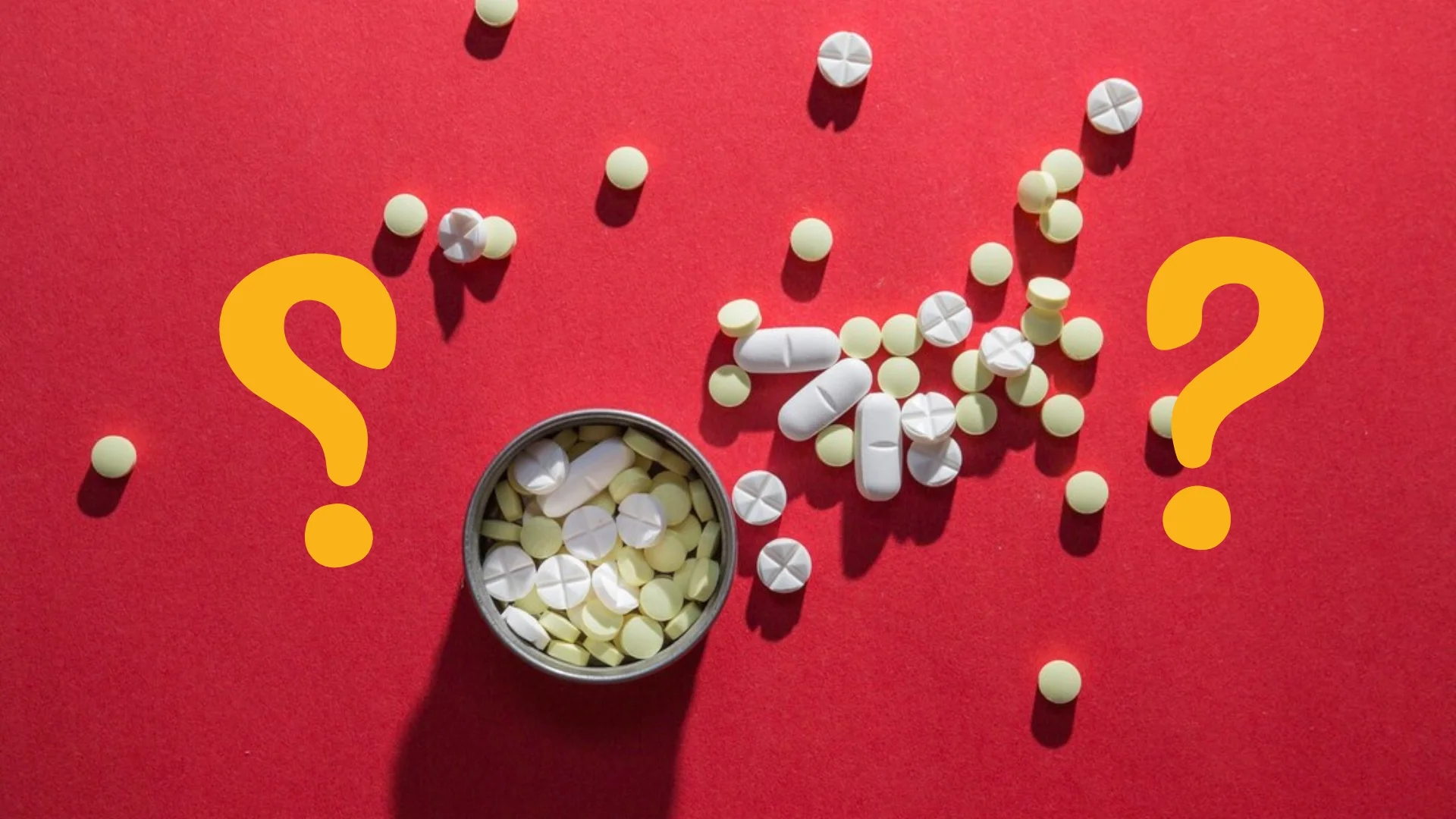

When it comes to treating pain and anesthesia, opioids and opiates are two common options. These medications are also used to manage coughs and diarrhea, as well as to treat Opioid Use Disorder (OUD). Although both opioids and opiates are categorized as narcotics, they differ in their chemical composition. If you're looking to learn more about the nuances of opioids vs. opiates and their detection time read on.
Opiates are a class of drugs derived from the opium poppy plant. They are natural compounds that act on the body's opioid receptors, reducing pain perception and inducing feelings of pleasure and euphoria.
Morphine: A potent opiate (opiate analgesic) used for severe pain relief in clinical settings, and is legally available by prescription.
Codeine: A weaker opiate used for mild to moderate pain relief, and cough suppression, and is available both over-the-counter and by prescription.
Heroin: An illegal and highly addictive opiate that has no medical use.
Opioids are similar to opiates, but the term "opioid" is used for both natural and synthetic drugs. They are derived from the opium poppy plant or are synthetic substances that mimic the effects of opium. Opioids are a class of drugs that act on the nervous system to produce pain relief, sedation, and a sense of well-being.
Methadone A synthetic opioid used for medication-assisted treatment of opioid use disorder (OUD) or opioid addiction and chronic pain management.
Oxycodone A potent opioid medication that is used for the treatment of moderate to severe pain. It works by binding to specific receptors in the brain and blocking pain signals.
Hydrocodone Works by binding to the opioid receptors in the brain and spinal cord, which helps to reduce the perception of pain. Often prescribed in combination with other pain relievers such as acetaminophen.
Fentanyl A powerful painkiller that is estimated to be 50 to 100 times more potent than morphine. Its potency also makes it a high-risk drug for abuse and addiction.
Read goMDnow published blog: How long fentanyl can stay in the system?
The key difference between opioids and opiates is their origin and composition. Opiates are natural compounds directly derived from the opium poppy plant, whereas opioids, on the other hand, encompass a broader category that includes not only natural compounds but also synthetic and semi-synthetic drugs. In short, all opiates are opioids, but not all opioids are opiates.
The adverse effects of opioids and opiates include respiratory depression, drowsiness, constipation, nausea, tolerance, dependence, addiction, cognitive impairment, hormonal imbalances, itching, increased pain sensitivity, and the risk of overdose. These effects vary in severity and highlight the importance of cautious use and medical supervision when using these substances.
Opioids and opiates can have severe consequences on an individual's health, including addiction, overdose, and even death. It's essential to use these medications only as prescribed and under medical supervision and to be aware of the potential risks and side effects.
Overall, education, awareness, and professional support are vital in preventing and addressing opioid and opiate misuse, addiction, and related issues.
Get in touch with goMDnow for all drug-related queries. Employers can now order online panel drug tests that can help detect opioids and other illicit substances and can make informed decisions.
Recommended
What is the difference between delta 8 and delta 9?